Graham Reid | | 9 min read
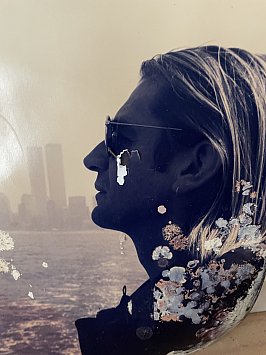
In a travel story about New Zealand in the Sydney Morning Herald last month journalist Bruce Elder, trying to avoid Australian cliches about this country, stepped rather neatly into a patronising pile of them.
Apparently we are no longer a country trapped in the 1950s, are "the only nation where sock, sacks, sucks, sex and six are all pronounced 'sux' ", and not only is our food edible, but you can eat almost as well in Auckland as you can in Sydney.
Appearing enthusiastic, Elder came across as more than a little condescending. But he noted in passing that tourism to New Zealand is up because "since the September 11 hysteria [there is] a belief that New Zealand is one of the safest destinations on earth, which it surely is.
"It doesn't rate a mention on the bin Laden list of recalcitrant nations."
This is true, and perhaps as Elder also pointed out, there is "a romantic belief on the part of Europeans that New Zealand, like Patagonia, is truly the end of the world". But as we have seen, terrorists don't respect geography.
The end of the world is as easily reached as downtown Manhattan, the nightclubs of Kuta or a hotel in Kenya.
In the heightened tensions of recent times, governments tread a fine line between alerting a nation and alarming it needlessly about terrorist threats. Witness the hysteria in the United States in the wake of the anthrax scare.
The media ran wall-to-wall stories about the dangers of anthrax, yet the fear dissipated as no new cases were reported.
But the anthrax alarm became last year's smallpox scare, and just before Christmas US president George W. Bush rolled up his sleeve to assure citizens - and the military personnel to be injected - the vaccination was safe.
Here Prime Minister Helen Clark laughingly dismissed suggestions she would have the vaccination, perhaps an arbitrary indicator of the reality of terrorism in this country.
New Zealand is buying the smallpox vaccine, although acting deputy commissioner operations in the Ministry of Health Neville Matthews acknowledged last month, "There have been no threats made against New Zealand police or indeed New Zealand generally. However, there is globally a heightened awareness of possible security risks and the commission decided it was appropriate to increase the security status of several key areas."
But fear - of terrorism, the unknown face or the unfamiliar faith - now stalks the planet.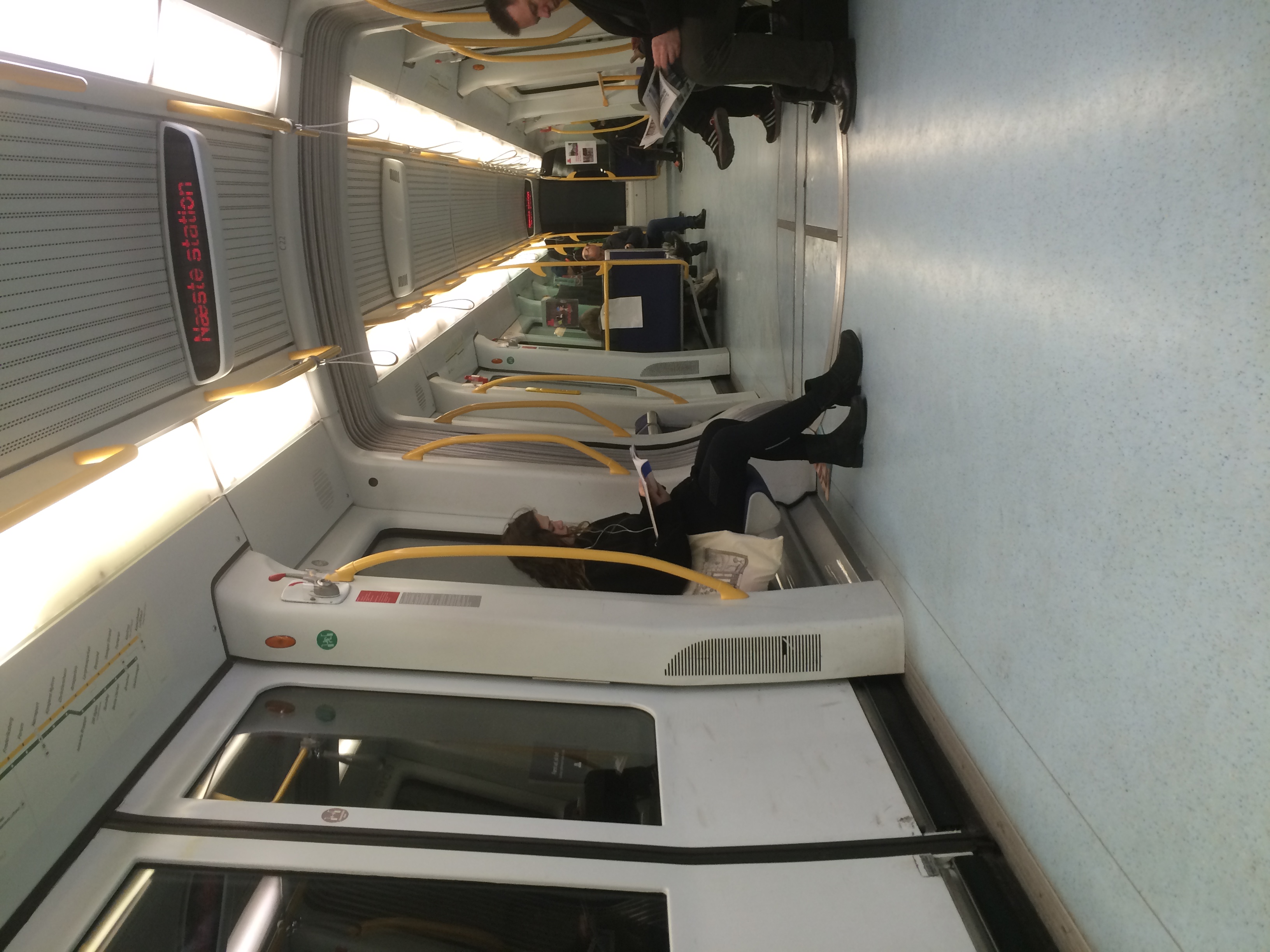
Public concern manifests itself in many ways: unwillingness to attend large gatherings; the passing on of unsubstantiated gossip or rumour; and a climate of suspicion. Across the Tasman last month a tourist photographing the Sydney Harbour Bridge, and two Arabs conversing on a city-bound bus, were among potential terrorists reported to police as paranoia about terrorism intensified.
Calls to the Australia's Crime Stoppers hotline have jumped since an anti-terrorism campaign was announced last month. Before the Bali bombings the hotline received 70-80 crime-related calls a day. The volume now runs to around twice that.
Most concern people acting suspiciously near prominent buildings, cars parked too long near such premises or vehicles with "suspicious-looking" occupants.
An opinion poll in the Sun/Herald found 60 per cent of Australians believed their relaxed way of life has been changed forever by terrorist acts. More than a quarter of the population now suffers a "general paranoia" and fear of attack, with 79 per cent believing Australia is a terrorist target.
The results of the poll came on the day the Government began a major campaign to raise public vigilance over possible threats, while attempting to reassure people there was no need to panic.
The three-month counter-terrorism advertisement campaign in newspapers and on television would "inform" and "reassure" the public, said Prime Minister John Howard. The advertisements encourage Australians to report suspicious behaviour, although don't say what that might be. The president of the NSW Council for Civil Liberties, Cameron Murphy, described the advertisement as vague and probably counter-productive.
The central message - be alert but not alarmed - seemed to be saying, "Panic, but don't panic", said Murphy. He also suggested inviting people to become informants ran the risk of creating vigilantes.
"We've already got a real problem with discrimination, and our fear is that the advertisement will encourage more of it, and some people will see it as a green light to take matters into their own hands."
The advertisements, called Let's Look Out for Australia, ask the public to report suspicious behaviour to a freephone number.
"If you see something," said Howard launching the campaign, "which in the circumstances is clearly out of phase, out of sync, then quite obviously that's the sort of thing that ought to be reported. I don't think Australians are going to be amateur spies."
By heightening awareness of terrorism - as if that were necessary in Australia after the Bali bombings - there is a danger the public will become paralysed by fear. Saying "Don't panic," prompts the reply, "What shouldn't I panic about?". However, in this country there seems little public alarm.
This week Minister of Police George Hawkins said the police had considered the Australian public-awareness campaign, but as yet no similar action was being considered.
"I don't think there is need to worry people.
"I think in New Zealand we've obviously stepped up security at airports and places like that and provided extra money for intelligence to be gathered. I think we've got about the right level at the moment in such a way that if things need to stepped up they can be."
There are small but significant signs of anti-terrorism activities being ratcheted up here.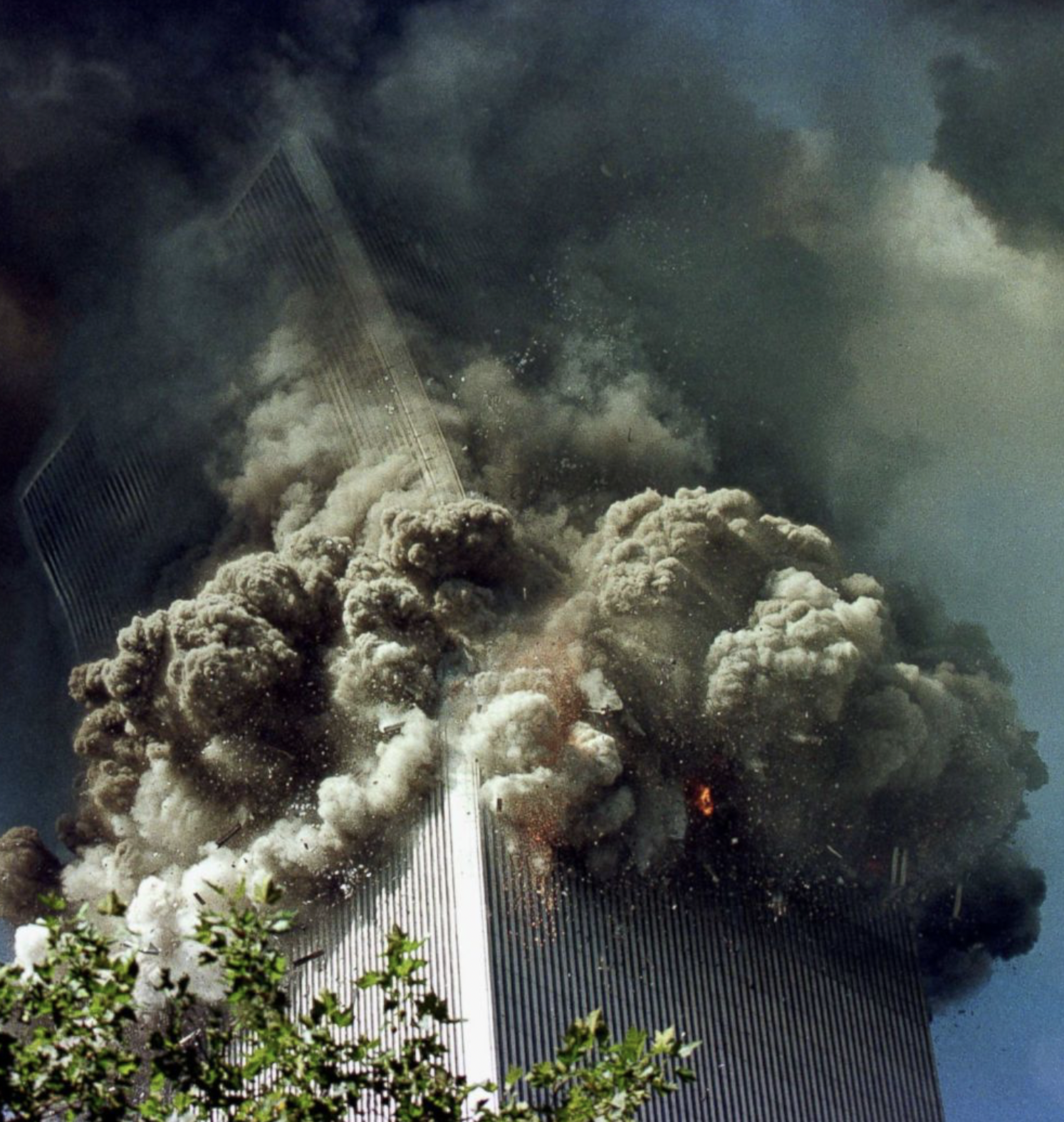 In the latest round of announcements about police staffing, three appointments have been made of senior officers working out of the office of the Commissioner of Police in a unit designed to fight terrorism.
In the latest round of announcements about police staffing, three appointments have been made of senior officers working out of the office of the Commissioner of Police in a unit designed to fight terrorism.
We are seeing increasing reports of "suspicious behaviour" and the inevitable political grandstanding which accompanies them.
A Hamilton dive centre reported three men had enrolled for an $8000 course which included training in underwater explosives. Two of the men failed to turn up for the course and the third called to withdraw after the first session. Suspicions arose when they didn't ask for a refund.
It may seem a minor incident, but an Australian political analyst, Dr Michael McKinley, says New Zealand cannot afford to be complacent.
Terrorists are not necessarily well-informed about the world, he says, and to a member of al Qaeda there is little difference between New Zealand and Australia. Both are the same part of the world to them.
If Australia was a target, he added, there would be virtually no discrimination between the two countries. The conspicuous consumption and floating dollars at the Viaduct Basin would seem to many to be a similar kind of hedonistic, self-indulgent target as the nightclubs of Bali.
The Counter-Terrorism Bill, introduced into Parliament in mid-December, is another step in the tightening of laws against terrorism and, according to Justice Minister Phil Goff, the creation of new offences recognised that terrorism did not always come in the form of a bomb or a gun. Some specifically target bio-terrorism.
The Government has given the military $1.84 million to buy equipment for detecting chemical and biological attacks, hazard production software, and extra protective clothing for bomb squads in three main centres.
Their annual operating budget has also been increased by $185,000 as part of a $30 million counter-terrorism funding package spread over three years across the armed forces, police, and intelligence, customs and immigration services.
A 12-member terrorism investigation and intelligence group has been set up, the police have appointed two senior officers to liaison jobs in Washington and London, and posted 26 more staff at the country's six main airports.
None of these are high-profile, high alert messages as seen in Australia, which perhaps explains why there is a less palpable climate of fear here. And perhaps because of that reduced level of anxiety - which may remain until something happens - we tend to be more sceptical about being a potential target.
Consider what happened in Sydney recently. The story went around that a man of Middle Eastern appearance had warned a good samaritan who returned his wallet to keep clear of a particular shopping mall in the southwestern suburbs.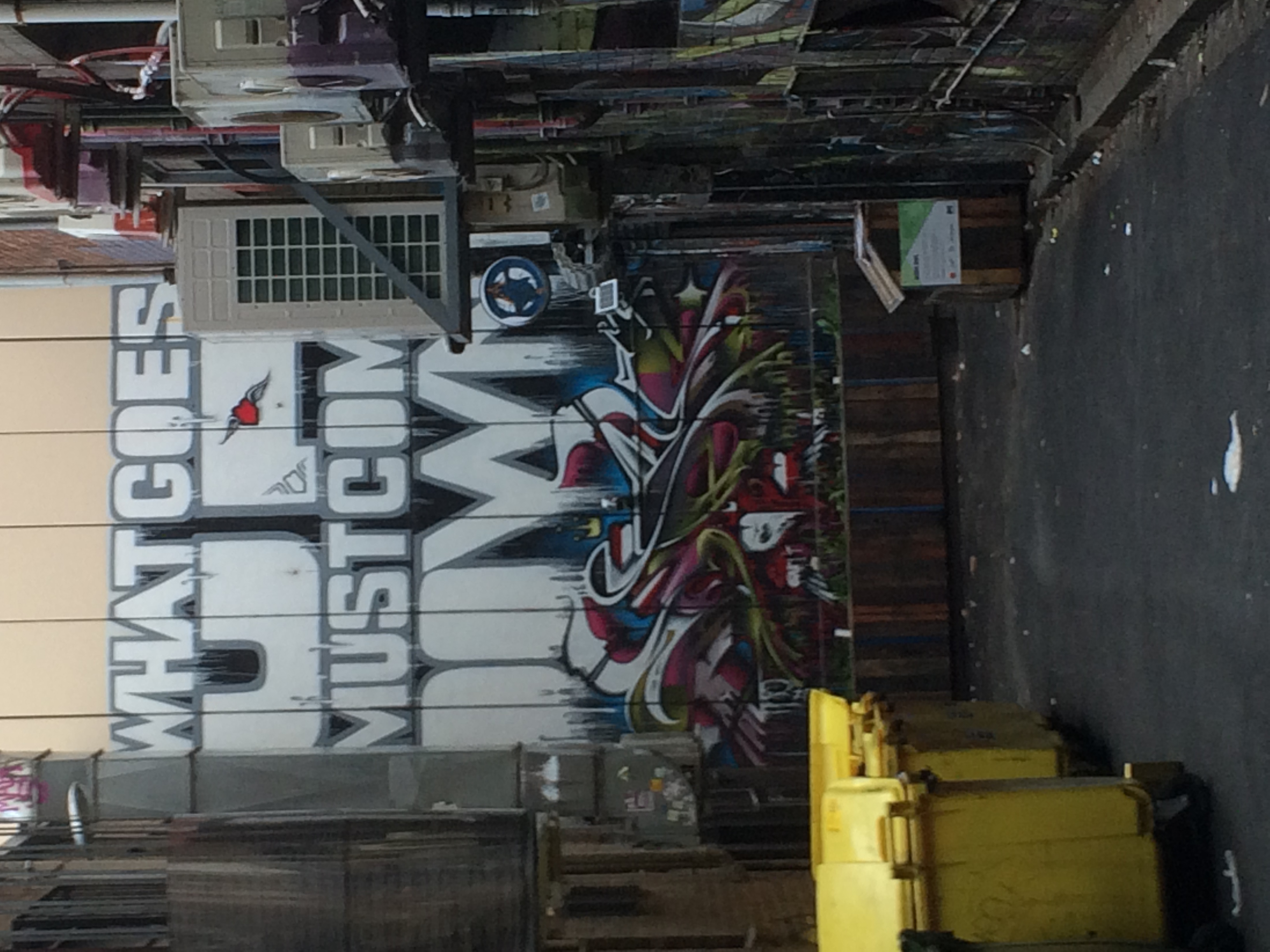
This virus of rumour - similar to that which said no Jews turned up to work in the Twin Towers on September 11 because they'd been warned by Israeli intelligence - was unsubstantiated.
But it grew in the telling and gained its power from becoming increasingly widespread and mutating.
But that was in Australia, where there is a very different climate since the Bali bombings.
A similar urban myth happened here too: a man of Middle Eastern appearance (the same man perhaps?) told someone who told someone else to keep away from the Viaduct and the America's Cup area.
It's the America's Cup, you see.
Here no one took it seriously. Should that complacency, in itself, be read as: Be very afraid?
Or not.

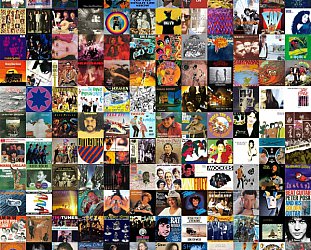

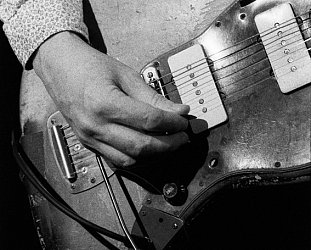
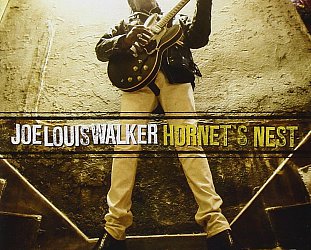
post a comment